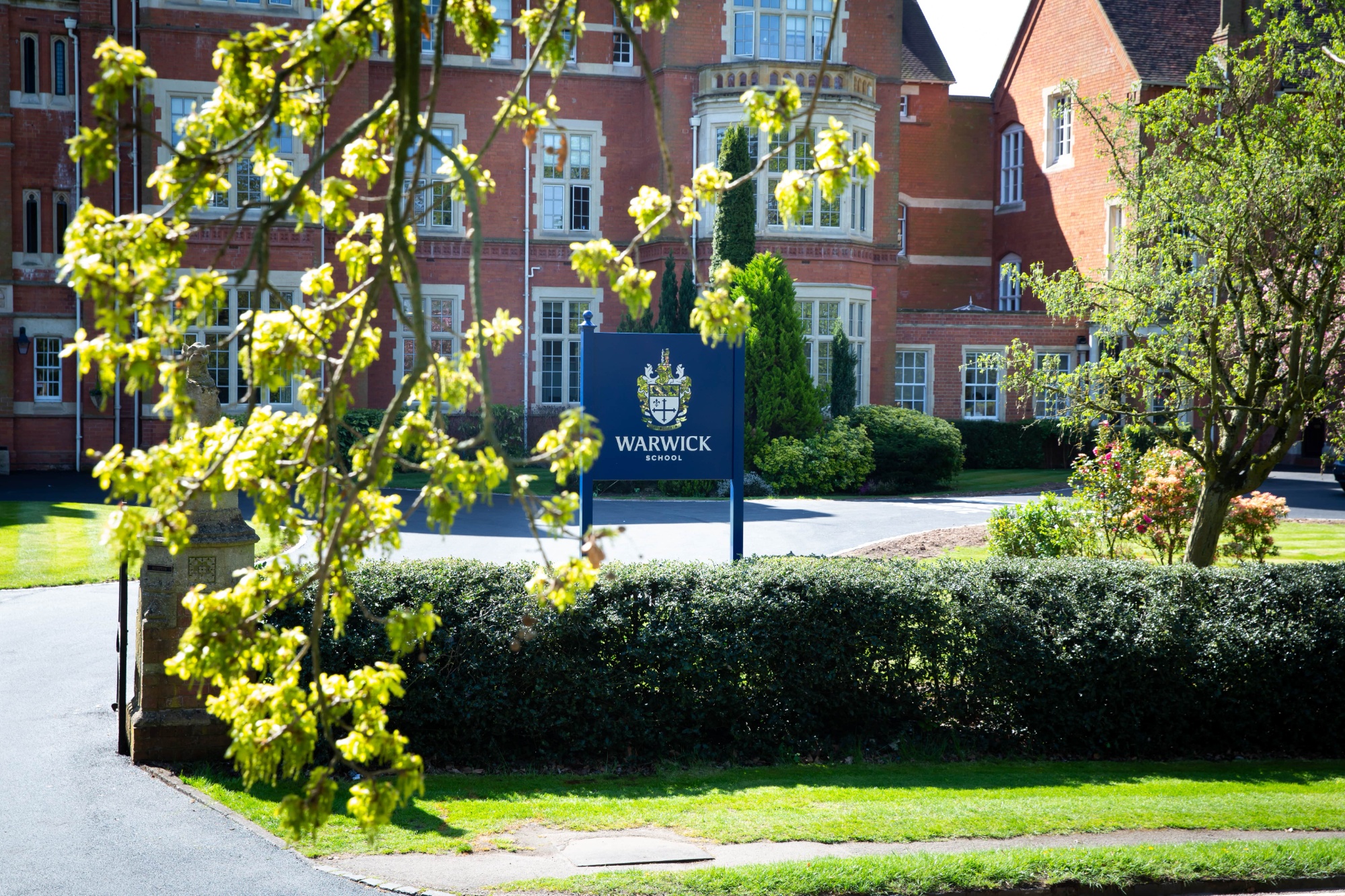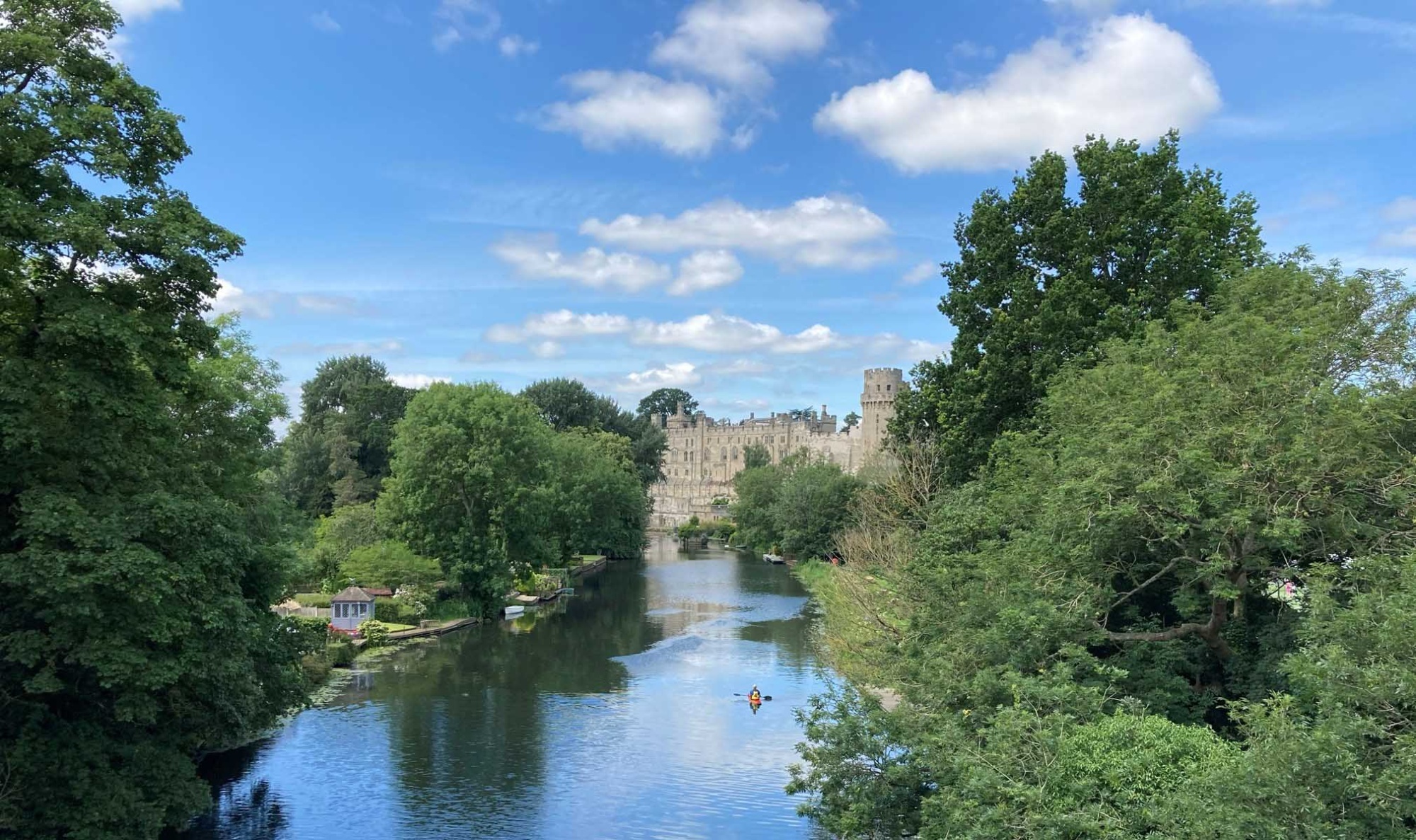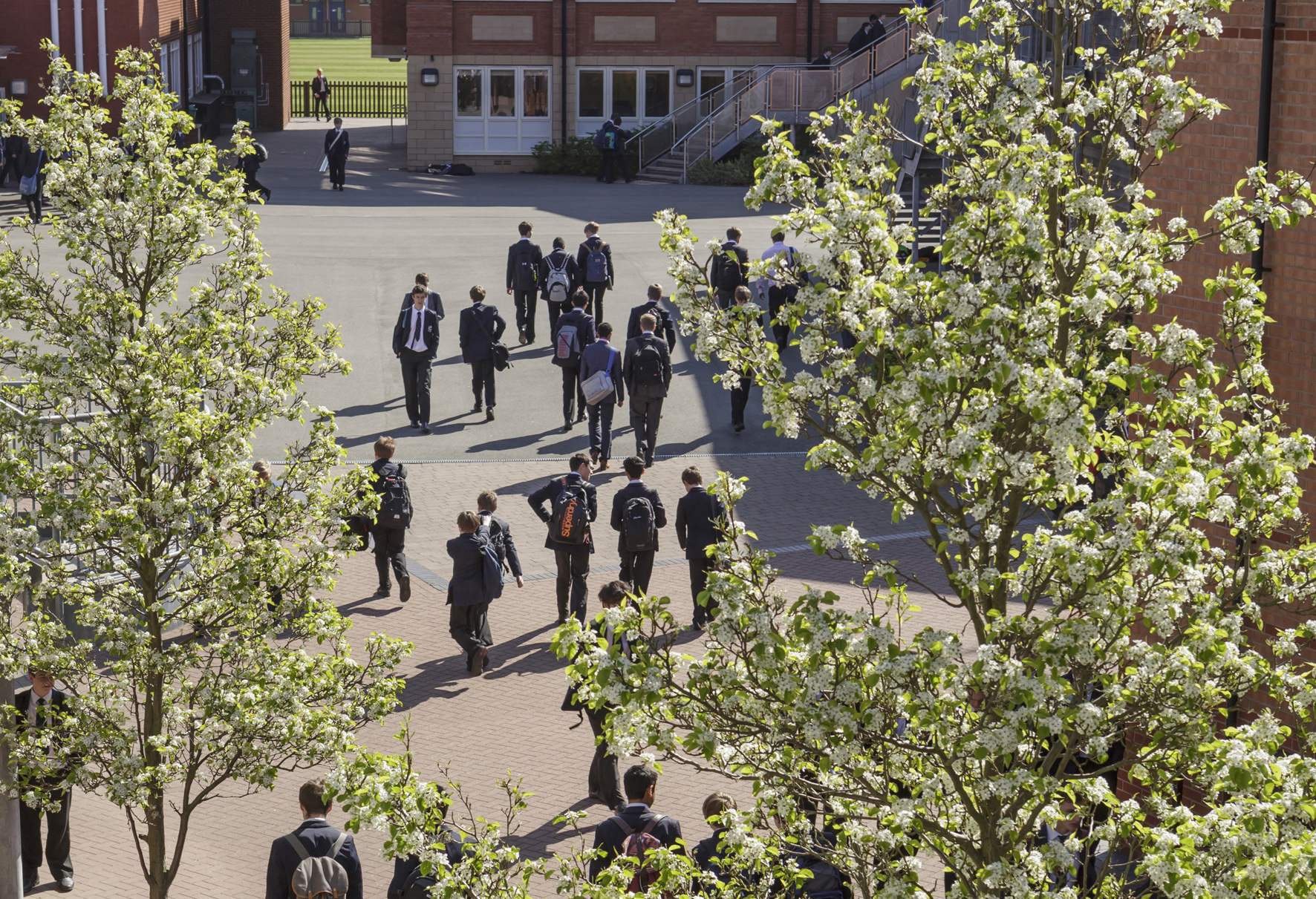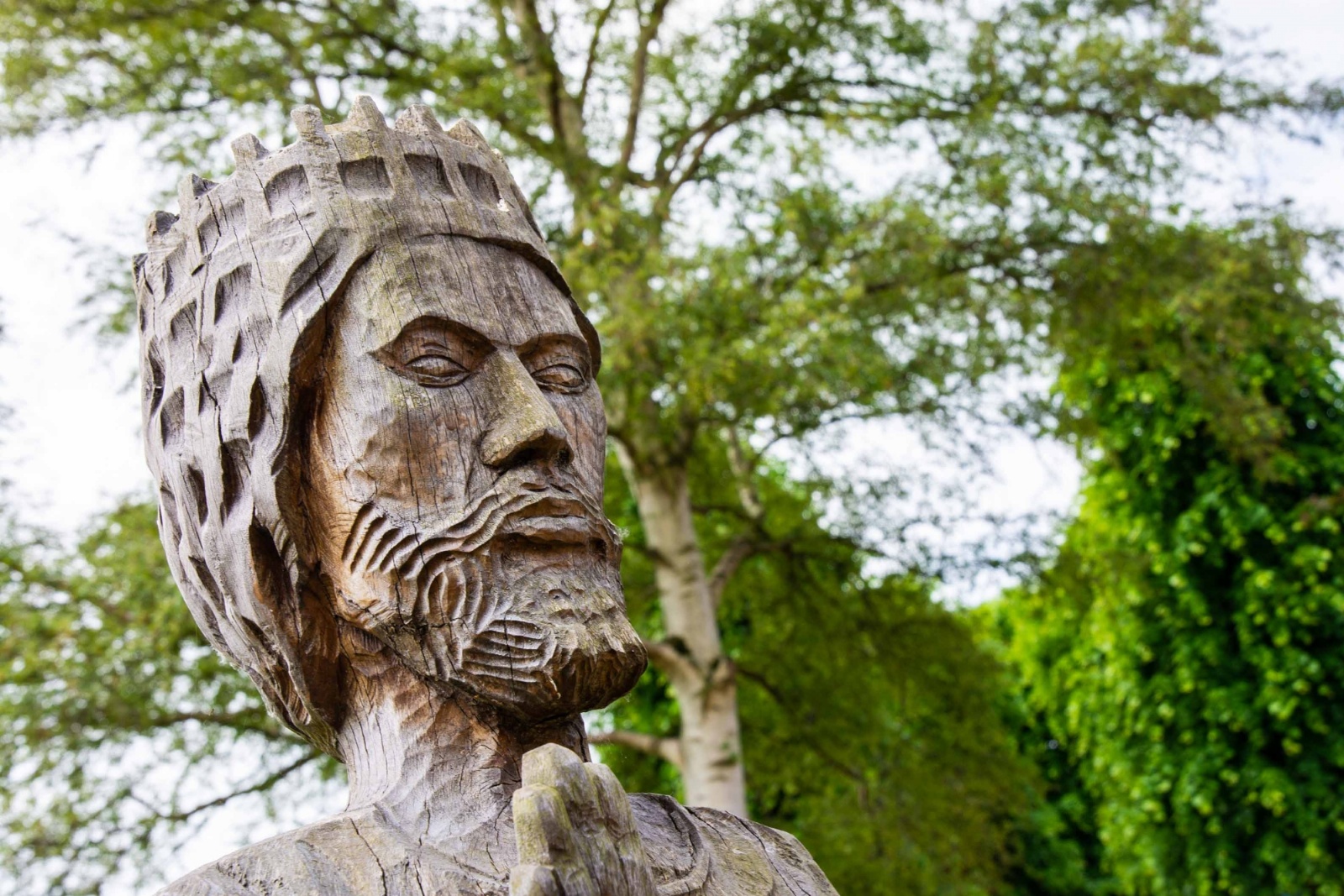Christmas traditions
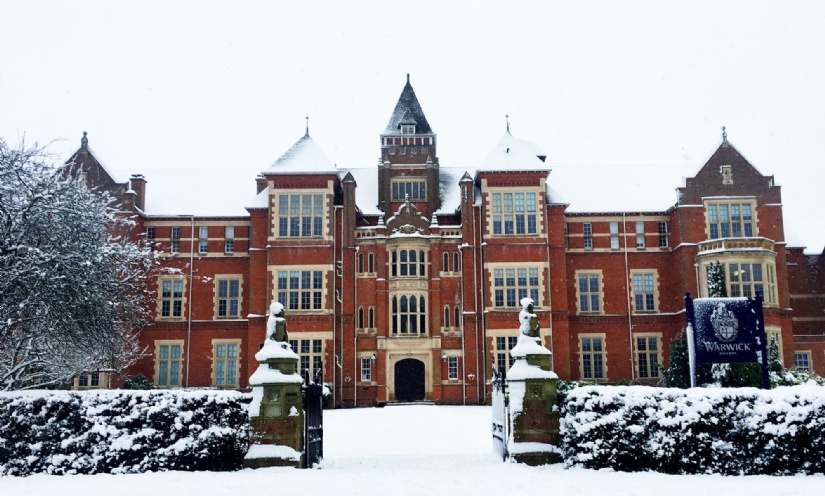
The Christmas holidays are here. Every family has its own Christmas traditions. This year for the first time in 44 years I will be spending Christmas Day, not at Mum and Dad’s or the ‘in laws’ but at my house. My ‘little’ sister, the 42-year-old barrister and her family are flying over from Connecticut to spend the ‘holidays’ with us and Mum and Dad will be joining us for the day. The pressure is on. Especially because roast dinner is the crowning glory in my limited kitchen repertoire and Christmas Dinner will be my responsibility. Rather than seeking to combine three sets of Christmas traditions, an impossible task, perhaps I should set out to create new ones, ones that are uniquely ours and in doing so perhaps I should seek inspiration in celebrations from around the world.
At the risk of showing my age and sounding like the Grinch ‘Christmas seems to come earlier every year’. In my opinion festivities should wait until the start of advent or the beginning of December but this year decorations were up in the sports centre and reception in November. Thank goodness I don’t live in the Philippines where celebrations start on the 1st of September and from that day on, you can hear Christmas songs in shops and on the radio.
Perhaps a move to Poland would be more appropriate. The Polish don’t sing Christmas carols before the 24 December, when families decorate their tree and share a dinner of twelve different dishes – representing the twelve apostles. On second thoughts as the designated Christmas cook Japan might be a preferable destination. In Japan where only an estimated 1% of the population is Christian Christmas isn’t a national holiday, but families still get together, exchange gifts and share a meal. Rather than gathering around the table for a turkey dinner, families head out to their local Kentucky Fried Chicken! The tradition began in 1974 after a wildly successful marketing campaign. Whilst I might be able to persuade the children and possibly even my sister to adopt a Japanese approach, I am not convinced my mother will buy the introduction of a more Japanese approach to Christmas Day.
So roast turkey isn’t a global tradition but what about the Christmas tree? Christmas trees were popularised in the UK by the husband of Queen Victoria. Prince Albert was German, and he thought it would be nice to import one of his country’s traditions to Britain. The custom was developed in the Baltic states, particularly Estonia and Latvia where Christians brought decorated fir trees into their homes. In India, Christmas is mainly celebrated in the city of Mumbai and the state of Goa as well as some areas in the east of the country. In Europe the traditional Christmas tree is an evergreen such as a spruce, pine or firs but in India people decorate mango or banana trees. Whilst in Portugal fir trees aren’t decorated, they are set alight to form a ‘Christmas Bonfire’. Lit before the beginning of the Christmas Eve mass and superstition states that the longer the bonfire burns the greater your luck will be in the coming year.
So, the Christmas tree too is a local rather than global custom but surely Father Christmas at least is a worldwide tradition? According to the Dutch, Sinterklaas lives in Spain and every year he chooses a different harbour to arrive in The Netherlands. Rather than a stocking children put a shoe by the chimney or back door and wake up on Christmas morning to find treats like gingerbread men, marzipan, and chocolate letters inside. In Italy, children don’t only believe in Santa Claus but also in Befana. Befana is a very old woman flying on a broomstick who visits children and brings sweets to well-behaved children and charcoal to naughty ones. In Hungary it isn’t Santa Claus who delivers presents on Christmas Eve, but Jezuska, baby Jesus!
Even the day of celebration isn’t consistent. In Holland parties are held on the 5th December. In Germany children put polished shoes outside the front door on the 6th December and St. Nikolaus fills them with sweets, fruits and small presents and this celebration is common across Eastern Europe. Whilst in many countries like Italy when Befana visits on the night between the fifth and Sixth of January it is the date of Epiphany that is an important part of the Christmas celebrations.
The world is full of stunning Christmas traditions and the season’s celebrations are as varied and unexpected as the cultures themselves. No doubt your families have their own traditions, and it doesn’t matter exactly what they take, what matters is that they are yours, a shared experience that brings you together. That is why Christmas is a magical time of year because we are joined together in celebration and in my opinion that is the true meaning of Christmas! As I prepare to create my own families Christmas traditions, I reflect that the most precious Christmas gift of all is time with those that you love and the memories that you create and I for one can’t wait.
Have a very merry Christmas.

